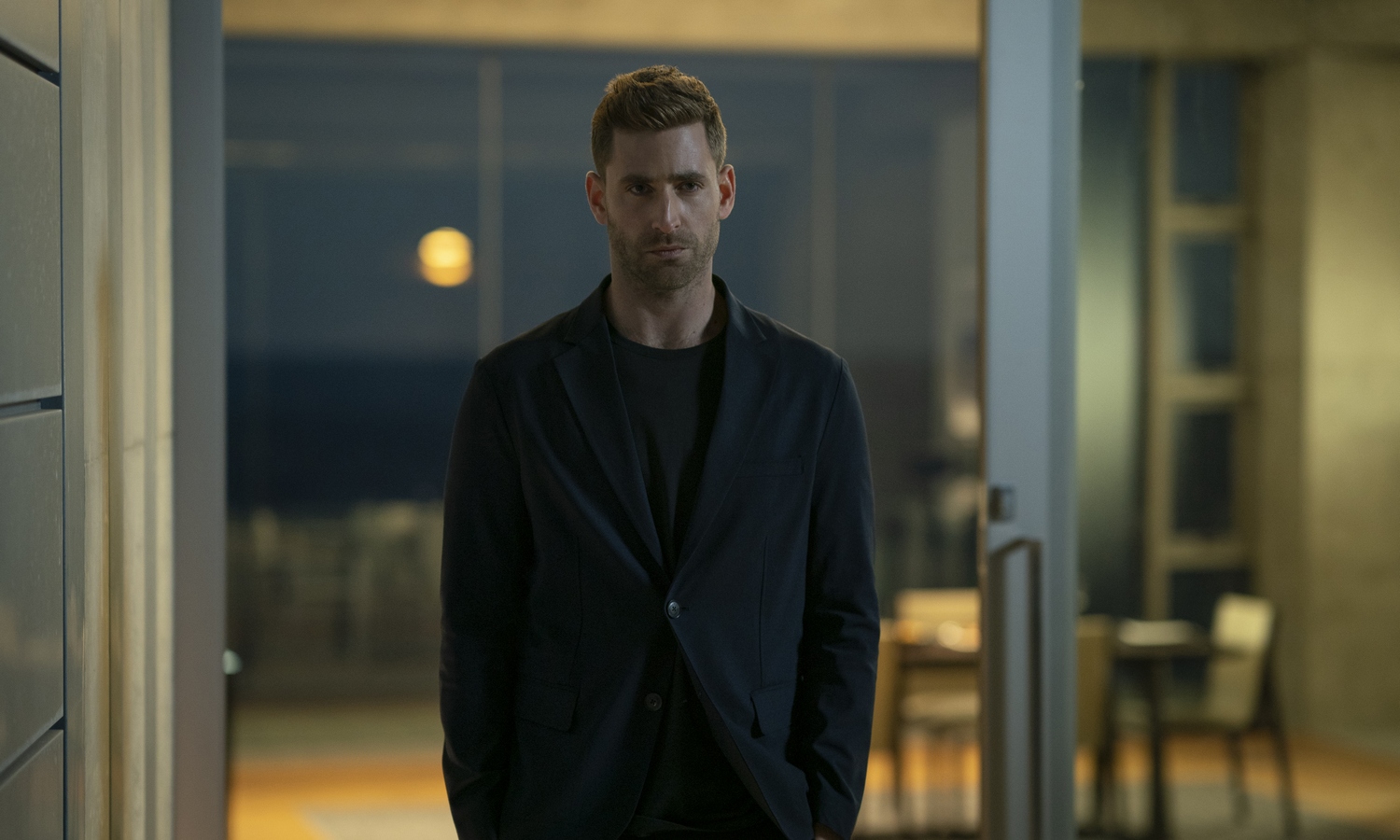After Y2K, people probably thought there wasn’t much left that technology could do to scare us. Then, director Leigh Whannell retrofitted H.G. Wells’ novel to today’s technologically advanced backdrop and cast a wildly talented actress to bring this terrifying concept to life. Now I don’t know if I’ll ever be able to look at the Cloak of Invisibility from Harry Potter the same every again.
Whannell’s new feature, The Invisible Man, depicts the story of Cecilia (Elisabeth Moss), a victim of domestic abuse, as she is tormented by an unseen entity that she believes to be her sociopathic, tech-genius husband who recently committed suicide. Bits of Cecilia’s life begin to unravel as her grasp on reality and her sanity slowly slips away. Moss portrays Cecilia as she grapples with the paranoia of having recently escaped an abusive partner – heightened by the positively terrifying notion that said partner could have faked their own death specifically to torture them in the “afterlife” – in a perfectly subtle and complex manner that is positively brilliant. Thus far, 2020 is shaping up to be an excellent years for Moss, following closely on the heels of equally exceptional performances in 2019 such as those in Jordan Peele’s Us and Alex Ross Perry’s Her Smell.

The feat that Moss is able to accomplish with this character is even more astounding considering the sometimes questionable dialogue that this screenplay unfortunately falls victim to at times. There are certain lines that not even the most talented of actors could have salvaged with the best delivery. Despite the fact that this film is much more a thriller than it is a horror film, there are still several horror tropes that managed to slip through the cracks and saturate the script.
The screenplay also does not give Moss much to work with in terms of characterization. In creating any story within any medium, one must strike a careful balance between showing and telling. For many, it comes down to stylistic preferences and what side a story leans toward. However, this film is skewed heavily toward the telling side when it comes to setting up the backstory and characterization for both Cecilia and her husband, which is odd for a film that relies so heavily on striking visuals. This, unfortunately, creates a feeling of disconnectedness between me as an audience member and Cecilia. I sympathized with her, of course, but if more time had been dedicated toward the start of the film of developing the history of Cecilia and her husband’s relationship, perhaps that level of connection would have been greater to create a deeper dimensionality for the protagonist.

Despite the short comings, I cannot say that I did not enjoy this film immensely. Something that I appreciate greatly about it is that it doesn’t try to be anything that it’s not. It is advertised as a straight up-and-down thriller and that’s what this is. The twists were enjoyable and (most of the time) I did not see them coming, which is a true feat for modern films that rely heavily on curveballs to advance the plot. There isn’t anything truly revolutionary that will change the course of genre filmmaking forever found within this film. However, there is a fair bit of experimentation with the perspective of the camera that the character of the Invisible Man himself enables the creative team behind this film to play with. Some moments come across more clearly than others, but overall it contributes to a clear artistic vision that gives the story an original flavor.
While The Invisible Man may not be the most groundbreaking feature to ever hit the silver screen, it is certainly a thrilling and enjoyable two-odd hours. The performances as gutting and the vision behind it is startling in the best way. However, out of all of the assets that this film possesses, at the end of the day the question that sticks with me the most from it is this; does the Invisible Man leave invisible fingerprints?
3.5/5 STARS
